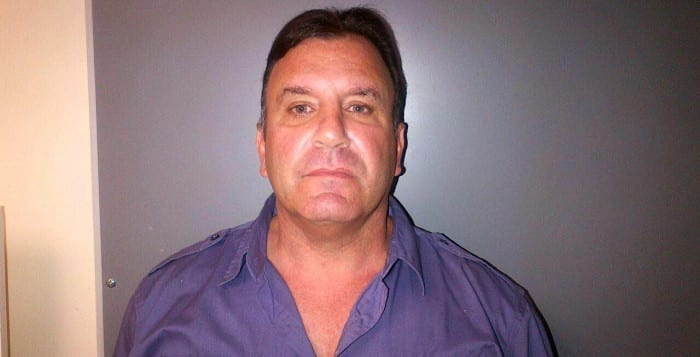The owner of a Stony Brook landscaping company was convicted and sentenced for failing to pay full wages to workers and gaming the state unemployment insurance system, Attorney General Eric Schneiderman said.
Richard Orvieto, owner of Double “O” Landscaping Inc., previously pleaded guilty to failing to pay his employees overtime, refusing to pay them owed wages after firing them and defrauding the state unemployment insurance system by paying workers in cash and not reporting their wages on quarterly tax filings, Schneiderman said. He was sentenced last week to pay restitution of $13,032 to three former employees and an additional $19,856.64 to the state Department of Labor. He must also pay a mandatory fine under state labor law, will be on probation for three years and must complete 50 hours of community service, Schneiderman said.
“It doesn’t matter if you own a restaurant or a landscaping company — you must pay your workers the money they are owed and pay them on the books,” Schneiderman said in a statement. “My office will continue to crack down on wage theft and return earnings that rightfully belong to workers.”
Orvieto’s defense attorney, Paul Kalker of Hauppauge, was unavailable for comment.
Based in Stony Brook, Double “O” Landscaping has provided landscaping and light construction services across Long Island. Between Aug. 24, 2011, and Jan. 31, 2014, Orvieto hired workers to perform those services, but did not pay them overtime for hours worked in excess of 40 hours per week, the attorney general said. He also paid his workers in cash off the books, and did not report or pay unemployment insurance contributions for these wages to the state, Schneiderman added.
The attorney general said that in 2013 Orvieto fired three workers and never paid them for their last week of work.
The business owner pleaded guilty to failure to pay wages under the state labor law, a misdemeanor; and Double “O” Landscaping pleaded guilty to falsifying business records in the first degree, a class E felony.
State law requires that employers pay wages no later than seven days after the end of the week when the wages were earned. Employers must also pay one and a half times the workers’ regular rate of pay for any hours worked beyond 40 per workweek. A first offense failure to pay wages is a misdemeanor, while a second offense within five years is a felony.






